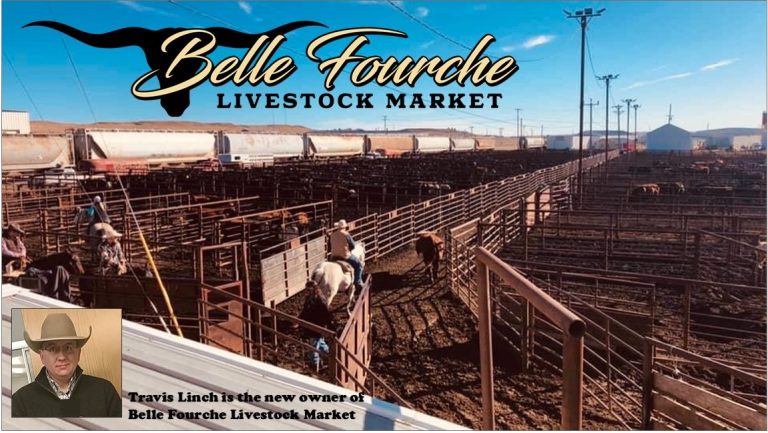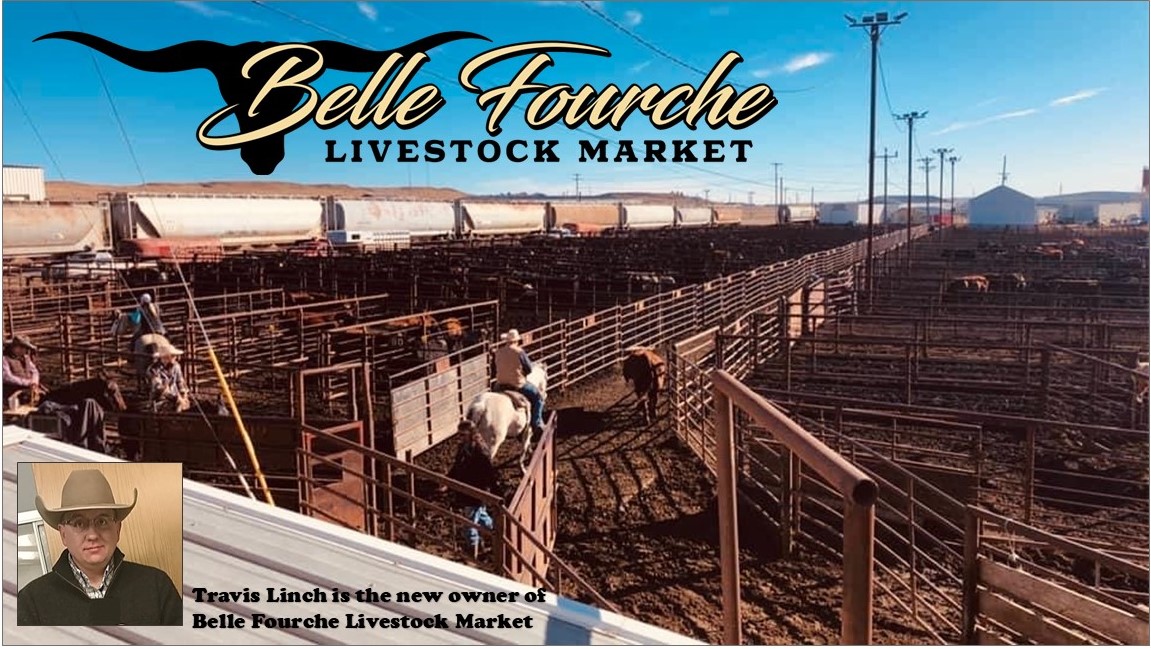WASHINGTON, DC – Despite ongoing controversy and lawsuits, the U.S. Department of Agriculture’s (USDA) Animal and Plant Health Inspection Service (APHIS) recently awarded contracts to purchase up to eight million low-frequency radio frequency identification (RFID) ear tags. The contract allows APHIS to purchase additional tags each year for up to five years.
The USDA published a proposal in the Federal Register in July wherein APHIS would only approve RFID tags as the “official” eartag for any livestock sold or moved across state lines. Contracts for the RFID tags were awarded to three American tag companies, all compliant with the Buy American Act– Allflex (Dallas, TX), Datamars (Temple, TX), and Y-Tex (Cody, WY).
In October 2019, R-CALF USA represented by Harriet Hageman of the New Civil Liberties Alliance, filed a lawsuit that successfully blocked the USDA’s first attempt to mandate the exclusive use of RFID eartags.
R-CALF USA Animal Identification Committee Chair Kenny Fox , Belvidere, SD, said, “The purpose of this proposal is to entirely phase out the use of any other type of eartag, and force producers to convert to the RFID technology.”
The USDA purports that such a mandate does not alter current law, and the agency indicates it does not intend to change current law by amending its regulations.
However, R-CALF USA states that the USDA’s actions contradict current law that expressly allows cattle producers to choose among various identification devices, including metal eartags, as well as backtags, brands, tattoos, and group lot identification.
“This is yet another end-run around the 2013 regulation that allows producers to use a variety of identification and traceability techniques,” Fox said. He also pointed out that an agency policy such as this cannot trump existing regulations and the USDA appears to be on a fishing expedition to force the cattle industry to expend unnecessary resources to fight a proposal that the agency has no authority to implement.”
But USDA Under Secretary of Marketing and Regulatory Program Greg Ibach says the agency is committed to increasing traceability in the cattle and bison sectors, “in this case by providing free RFID tags to interested producers. This will not only help offset the costs of switching to RFID tags, but also help us more quickly respond to potential disease events.”
As part of its overall effort to increase traceability in cattle and bison, APHIS has already distributed more than 1.1 million RFID tags to 38 states between January and July 2020. Each state veterinarian distributes the tags in a way that best serves their industry.
For more information on availability and distribution of tags, producers can contact their State Veterinarian’s office. Producers can also purchase RFID tags for their animals by contacting any of the companies approved to manufacture official identification RFID tags.
Free metal National Uniform Eartagging System tags will remain available as USDA continues to receive comments and evaluate next steps on its proposed RFID transition timeline. The proposal is available for review and public comment through October 5, 2020.
Fox said his group is urging every cattle producer to submit comments to the USDA before the October 5, 2020 deadline to inform the USDA that it cannot force expensive RFID technology upon the industry without amending current law.
Interested persons can comment on the USDA’s proposal by going to the Federal Rulemaking Portal at https://www.regulations.gov/document?D=APHIS-2020-0022-0001













